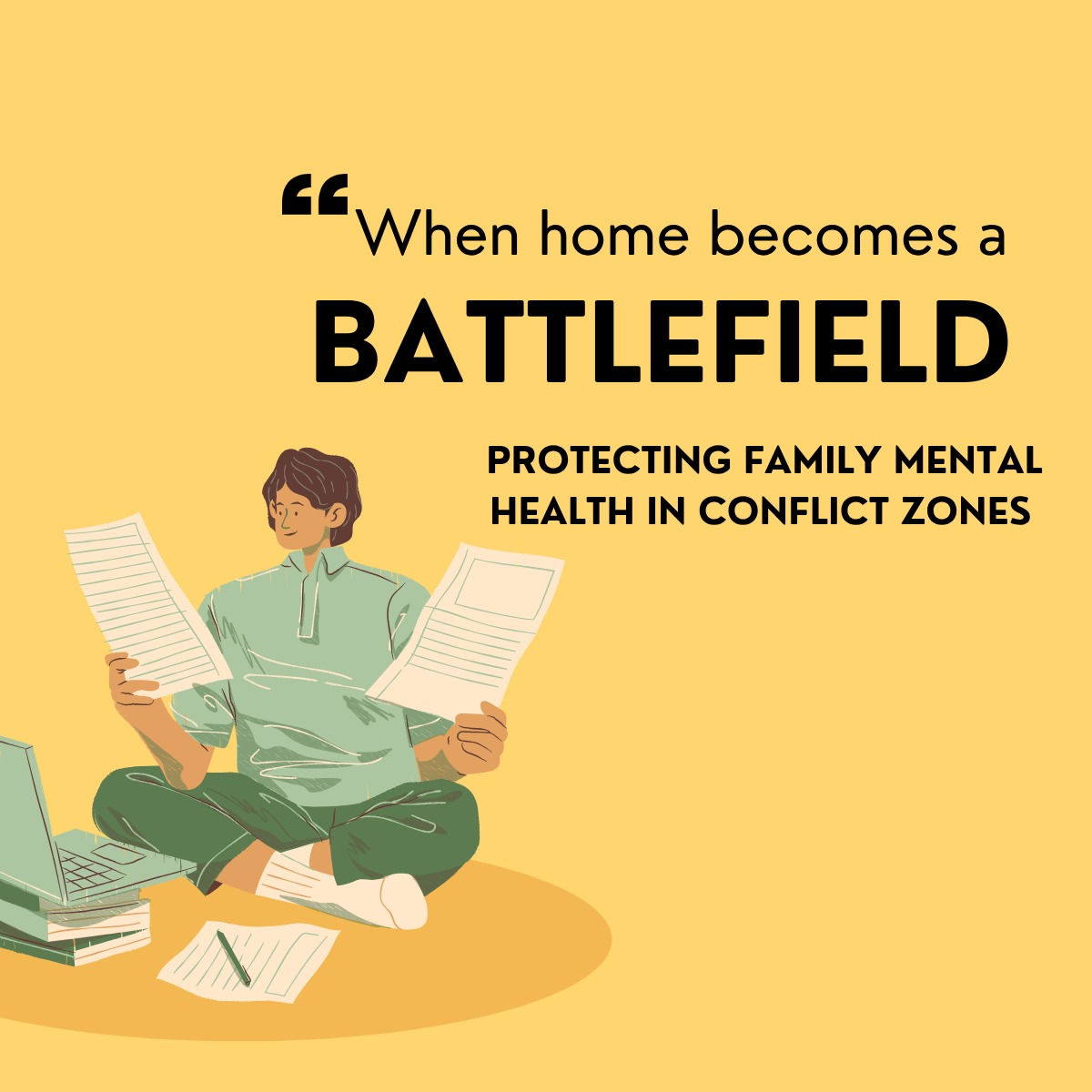
When geopolitical tensions erupt into physical conflict, the idea of “home” is often the first casualty. Curfews, explosions, surveillance, or food shortages turn once-safe spaces into zones of survival. For families caught in these circumstances, protecting mental health becomes just as important as physical safety. The stress is not just individual—it’s shared across generations, often silently.
For parents and caregivers, managing their own fear while offering reassurance to children is an extraordinary emotional task. It’s vital to communicate openly, but age-appropriately. Children don’t need every grim detail, but they do need honesty, structure, and consistent emotional presence. Establishing routines—no matter how small—helps create psychological safety. A daily storytime, shared chores, or simply eating together can preserve a sense of normalcy amid chaos.
Elders in the household often carry the weight of memory—perhaps they’ve lived through previous conflicts, or feel powerless in the face of current events. Listen to their concerns, validate their emotions, and engage them in decision-making when possible. For everyone in the home, having a role or task—even symbolic ones—restores a feeling of control and dignity.
Finally, encourage emotional expression across the family. Journaling, drawing, or talking about feelings can help reduce the internal buildup of stress. Don’t be afraid to seek external mental health resources if available—teletherapy, support hotlines, or community counselors. Home may be under siege, but the bonds within it can become a source of resilience. Amid shifting frontlines, love and presence remain the most enduring defense.
Kanishka
